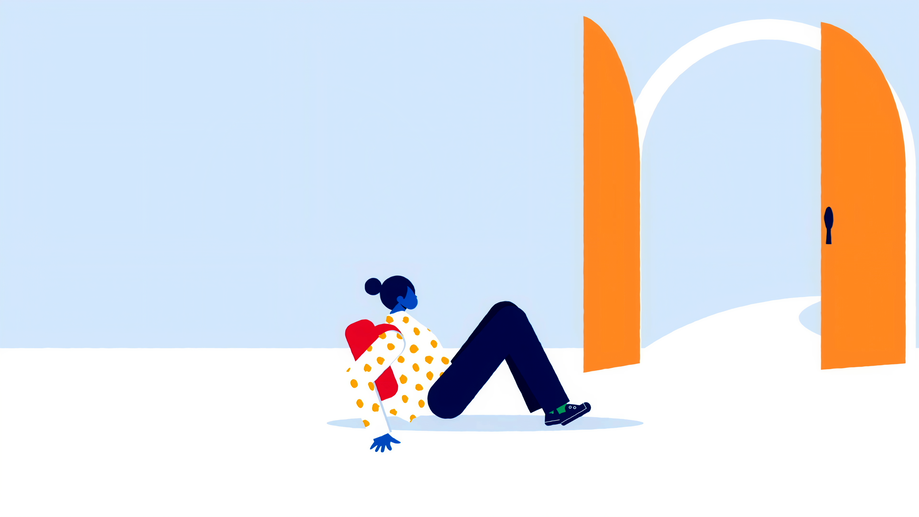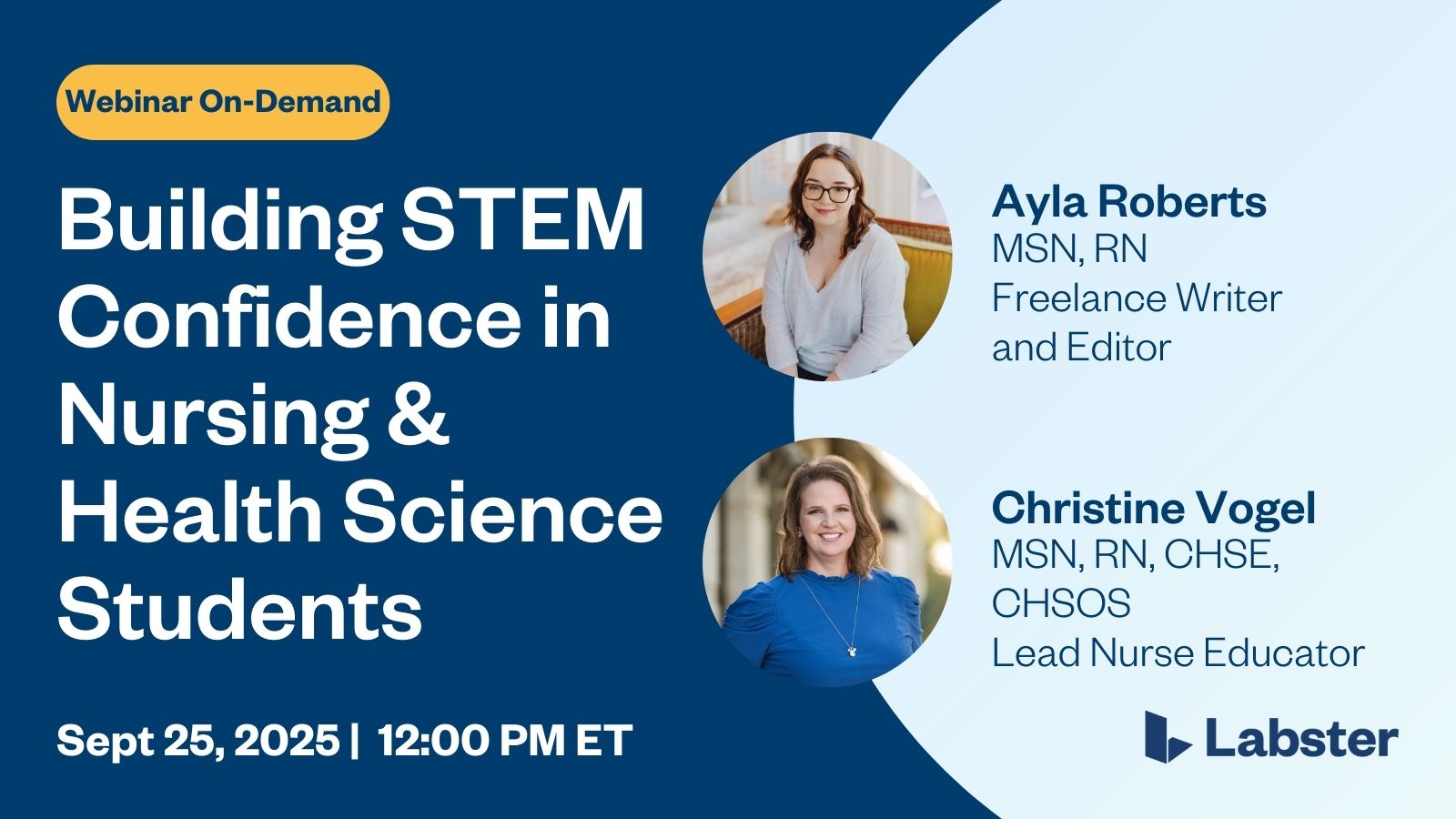.jpeg)
Table of Contents
Name of the heading
Labster virtual labs offer more than just individual learning experiences. They also provide a valuable platform for group work, allowing students to collaborate, communicate effectively, and achieve shared goals.
We heard from instructors in our Community Campus to learn how they incorporate Labster into group activities, and their insights were great!
Join us as we uncover the benefits of grouping students to do simulations and discover inspiring ways to enhance student collaboration through Labster's immersive learning environment.
Benefits of implementing group work with Labster:
Encourages peer feedback
You can encourage students to share learnings and challenges with one another by putting them in groups while they do the simulations in class or at home. You may even find that they do this all on their own if you set up an environment where they can do so.
A university professor shared, “My students are assigned 18 Labster virtual labs. On designated days, they will have the tables set up in a circle, and all work on that same lab. They motivate each other, some make it a competition, and there is peer instruction occurring that benefits both the questioner and the responder.
Debriefing can be a healthy competition
Educators can group students and encourage them to compete against others. Perhaps it’s not who completes the simulation the fastest but who has a great debrief and conversation afterward or who comes to the most comprehensive conclusion that can be shared with the rest of the class.
Helps them become more familiar with the terminology
In science, no matter the discipline, there are numerous terms that students need to remember. When students are in groups, they are not only going through the simulation but also discussing scientific concepts with one another, further reinforcing the terminology.
A University professor shared, “I incorporate group work after a foundation has been laid down in order to have the students examine the information and become familiar with the terminology and application.”
Ability to use the 5E model of instruction
Originally developed by BSCS for a biology class, the 5E model of instruction is a STEM-first approach. The 5E’s are: Engage, Explore, Explain, Elaborate, and Evaluate. Throughout the process, students will have to identify and reconstruct their understanding of the topic together.
Hear about how a high school teacher uses this model in her classroom: “I make sure to use the 5e Model. Students are given an anchoring phenomena at the start of each unit during our Think Pair Share warm-up engagement activity. Students must explain the phenomena using the knowledge gained throughout the unit.”
Preserves limited classroom supplies
Unfortunately, you likely have a limited budget in your classroom, which means limited supplies. One of the benefits of Labster is that the simulations don’t take up physical resources, and they can be done over and over again, giving everyone in the class a chance to participate!”
A high school teacher shared, “Group work helps us make better use of less samples or equipment than is available for all.”
Builds community & soft skills
When students work in groups, they can get to know one another and build community in the classroom. Practicing their soft skills like communication, problem-solving, and collaboration can also help them when they get into the physical labs later. Students need to learn to work together, especially in a lab setting.
Conclusion
Through Labster virtual labs, students can engage in immersive learning experiences while enhancing their ability to work effectively in groups, ultimately enriching their educational journey.
Want to discover these conversations and more in our Community Campus? Join this community of science educators today!
FAQs
Heading 1
Heading 2
Heading 3
Heading 4
Heading 5
Heading 6
Lorem ipsum dolor sit amet, consectetur adipiscing elit, sed do eiusmod tempor incididunt ut labore et dolore magna aliqua. Ut enim ad minim veniam, quis nostrud exercitation ullamco laboris nisi ut aliquip ex ea commodo consequat. Duis aute irure dolor in reprehenderit in voluptate velit esse cillum dolore eu fugiat nulla pariatur.
Block quote
Ordered list
- Item 1
- Item 2
- Item 3
Unordered list
- Item A
- Item B
- Item C
Bold text
Emphasis
Superscript
Subscript






